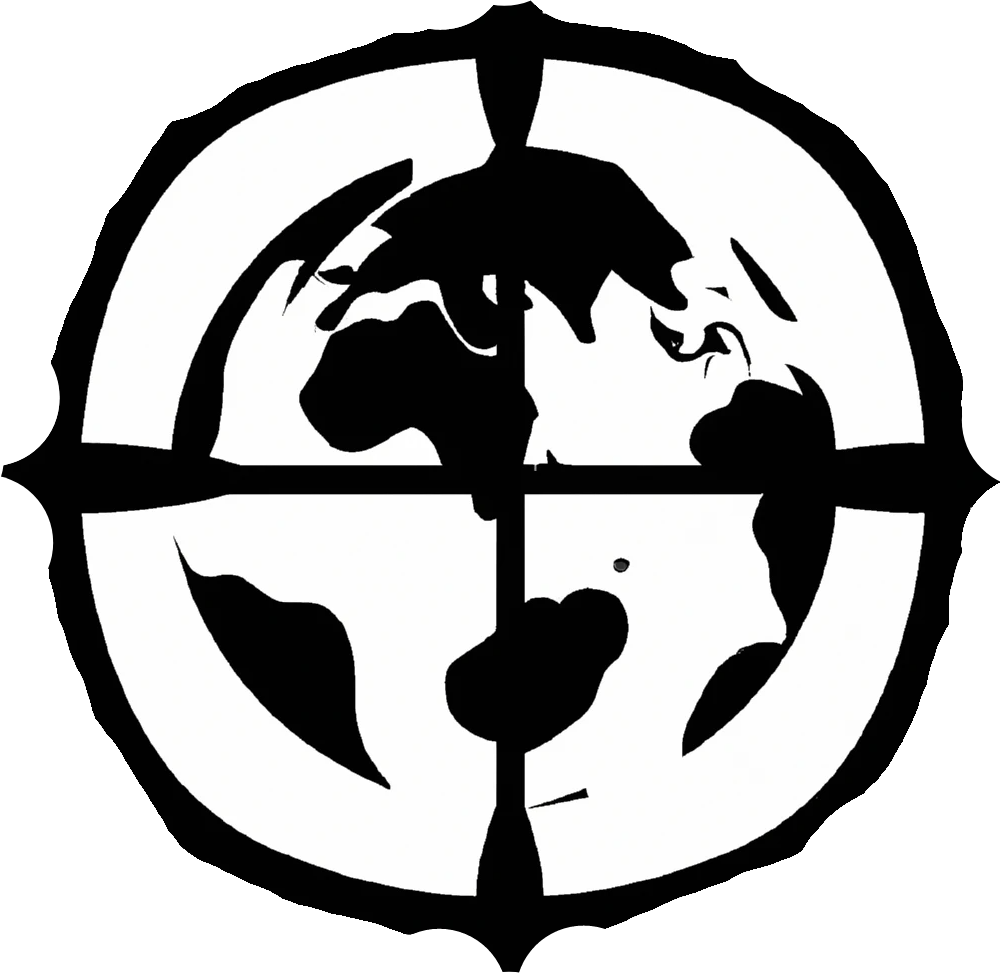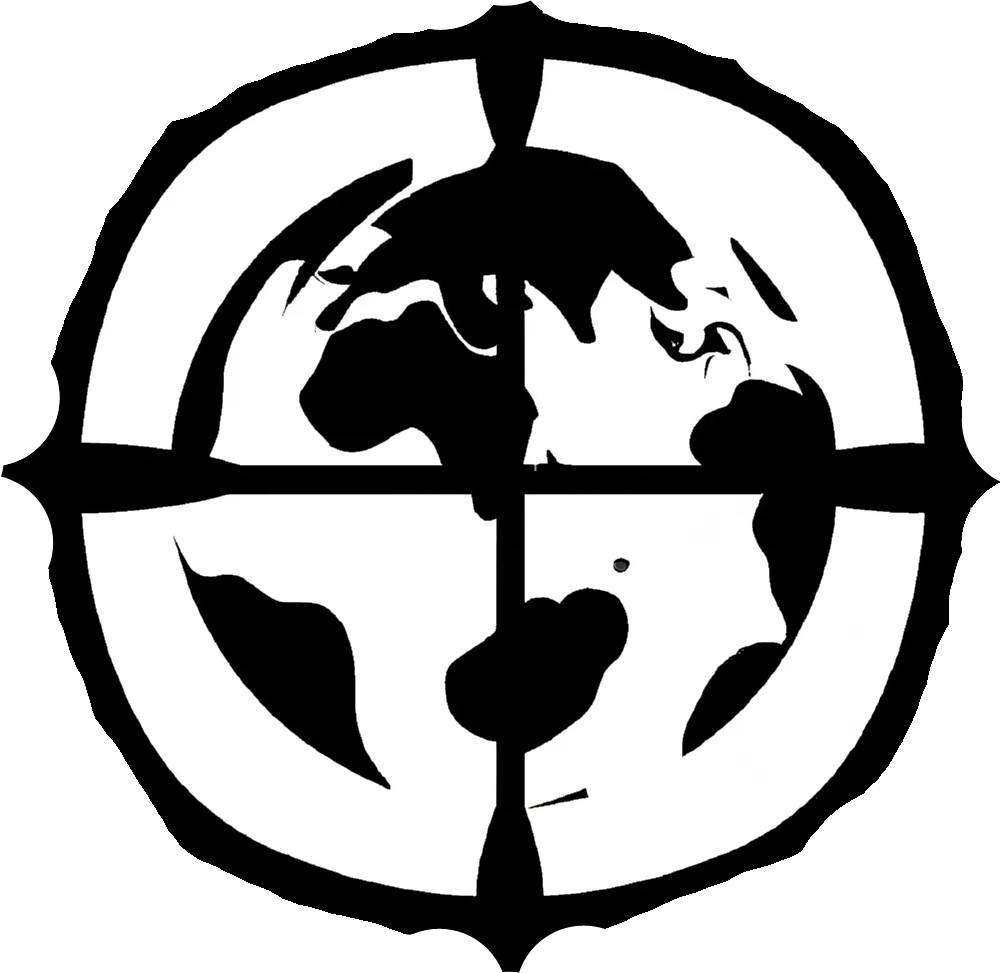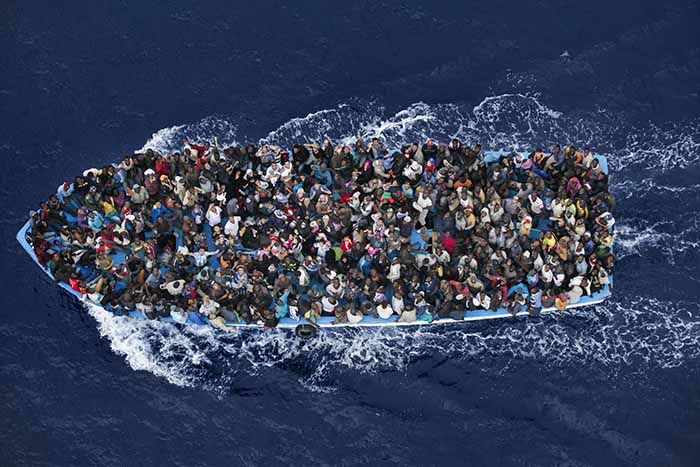The Perplexing Humanitarian Crisis in the Democratic Republic of Congo: Unveiling the Unseen
Discover the harrowing reality faced by the Democratic Republic of Congo: armed conflict, displacement, and food insecurity overshadow its thriving mining industry.

The Democratic Republic of Congo (DRC) has long been plagued by a complex and multifaceted humanitarian crisis. As the country's mining sector experiences significant growth, the overshadowing armed conflicts, displacement, and food insecurity have cast a dark shadow on the nation's progress. In this blog post, we delve into the distressing reality faced by the Congolese people and shed light on the profound challenges they endure.
The armed conflict in the Eastern region has dealt a devastating blow to the lives of the Congolese people. The effects ripple through various facets of society, affecting public finances, external balance, domestic currency liquidity, exchange rates, and inflation. With conflicts persisting and intercommunal violence intensifying, lives are shattered, and communities are displaced, further deepening the complexities of the crisis.
This is the same in the west, which has proven to be a devastating catalyst for displacement and loss of life. The ongoing cycle of violence between "native" and "non-native" communities over land and customary claims has resulted in the killing of scores of people and mass displacement since June 2022. This violence has intensified due to the emergence of groups such as "Mobondo," further deepening the humanitarian crisis.

Dr. Denis Mukwege, a Nobel Prize-winning surgeon, echoes the concerns of millions of Congolese citizens. He highlights the prolonged and worsening humanitarian crisis in the country, exacerbated by conflicts, epidemics like Ebola, and natural disasters. Shockingly, approximately 27 million Congolese, a quarter of the population, face acute food insecurity, while 6.4 million, primarily children under five, suffer from acute malnutrition. The urgency for international attention and intervention cannot be overstated.
In North Kivu, South Kivu, and Ituri alone, 5.7 million people have been displaced since March 2022, contributing to a staggering total of 6.2 million displaced individuals throughout the country. The scale of displacement, coupled with the challenges of overcrowded camps and strained host families, demands immediate and comprehensive assistance.
International NGOs have raised the alert regarding the critical level of humanitarian needs in the DRC. The long-standing conflicts and recent escalations have resulted in approximately 2.5 million internally displaced people, particularly in Nord Kivu, putting immense strain on the Ituri province. Despite efforts to address the crises, concerns remain that the current response may fall short of adequately addressing the multitude of challenges faced by the Congolese people.
Recognizing the urgent need to address the worsening situation in the DRC, the Danish Refugee Council (DRC) and the Norwegian Refugee Council (NRC) have expressed their support for a system-wide scale-up in the country. This scale-up aims to allocate more resources and enhance coordination mechanisms at provincial and local levels, particularly in logistics and humanitarian access, to ensure effective aid delivery in challenging environments.
The armed conflicts, intercommunal violence, displacement, and food insecurity continue to wreak havoc on the lives of millions of Congolese people. Urgent international attention and coordinated efforts are imperative to address this crisis and alleviate the suffering of those affected.




